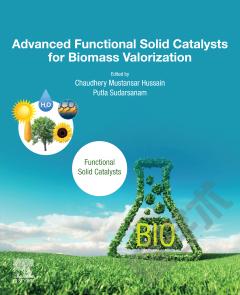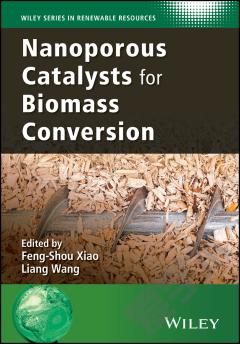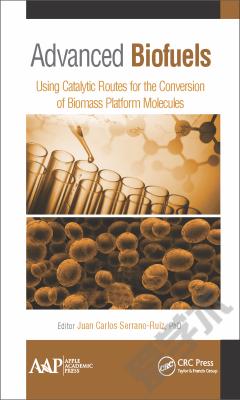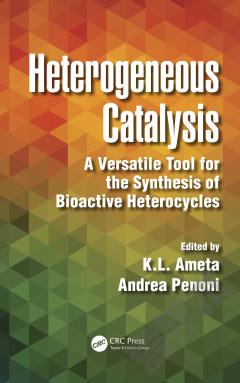Advanced Functional Solid Catalysts for Biomass Valorization
Advanced Functional Solid Catalysts for Biomass Valorization presents the basic concepts in catalysis (homogeneous, heterogeneous, and enzymatic) and the properties of various kinds of heterogeneous solid catalysts, including their structure, porosity, particle size, BET surface area, acid-base, and redox properties. Useful information about biorefineries, types of biomass feedstocks, their structures and properties as well as about several potential catalytic routes for biomass upgrading to useful fuels and chemicals is provided in this book. Importantly, this book covers the most recent developments toward functionalization of various solid catalysts, optimization of catalysts鈥?properties, developing cascade catalytic strategies, exploring reaction kinetics/mechanisms, and evaluating catalysts鈥?stability/reusability during biomass upgrading. Current challenges and opportunities for the future biorefineries as well as for the design of advanced functional solid catalysts are critically discussed. Describes catalysis as a promising technology for the development of eco-friendly and economically viable strategies for several important energy and environmental applications.Covers heterogeneous solid catalysts because of their versatile benefits in terms of catalysts鈥?synthesis, production cost, stability, and reusability as compared to homogeneous liquid catalysts.Provides promising strategies for the design of new catalytic materials, such as carbon materials, metal鈥搊rganic frameworks, zeolites, and mesoporous silicas. Describes functional solid catalysts for developing one-pot cascade processes for efficient biomass valorization and other vital chemical transformations.
{{comment.content}}








 京公网安备 11010802027623号
京公网安备 11010802027623号